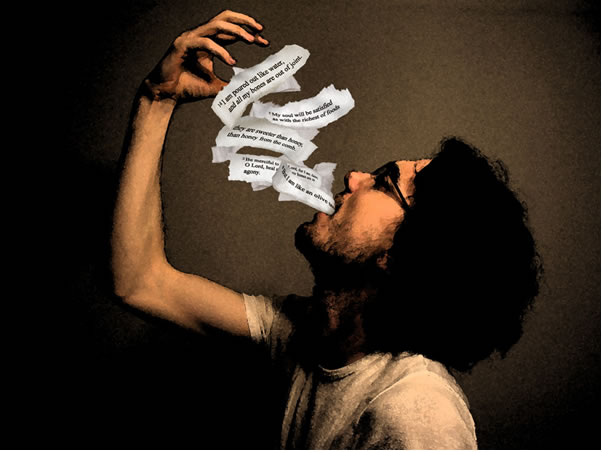Learning Paths » 5A Interacting
1. Poetry should be about incidents and situations from common life and to
relate or describe them, the poet should use a certain colouring of
imagination, whereby ordinary things should be presented in an unusual
way.
2. The language, the poet should use, is one really used by men: the one of
low and rustic life should generally chosen because it is less under
restraint, plainer and more emphatic.
In this condition our elementary feelings, like passion, are more accurately
contemplated because they exist in a state of greater simplicity. So the
language, these men adopted, communicate better these origin part: they
convey their feelings and notions in simple and unelaborated expressions,
as if they born.
3. A poet should be a man who speaks to all men. Wordsworth says he is a
man who chooses common and rustic life: he seems to be an ordinary and
usual man, even if he endues with more lively sensibility, more enthusiasm
and tenderness, a man who has got a greater knowledge of human nature
and a more comprehensive soul, a man pleased with his own passion and
volitions, that rejoices them more than other men and that contemplate
and manifested them in the goings-on of the universe. To these qualities
Wordsworth adds a dispostion to be affacted more than other men by
absent things as if they were present: an ability of conjuring up in himself
passions, which are indeed far from being the same as those produced by
real events (imagination)
4. Poetry is emotion recollected in tranquillity. It is the spontaneous
overflow of powerful feelings: emotions, that were feeling before, are
contemplated in a state of tranquillity that gradually disappears to leave
born a similar emotion that now exists in the mind.
